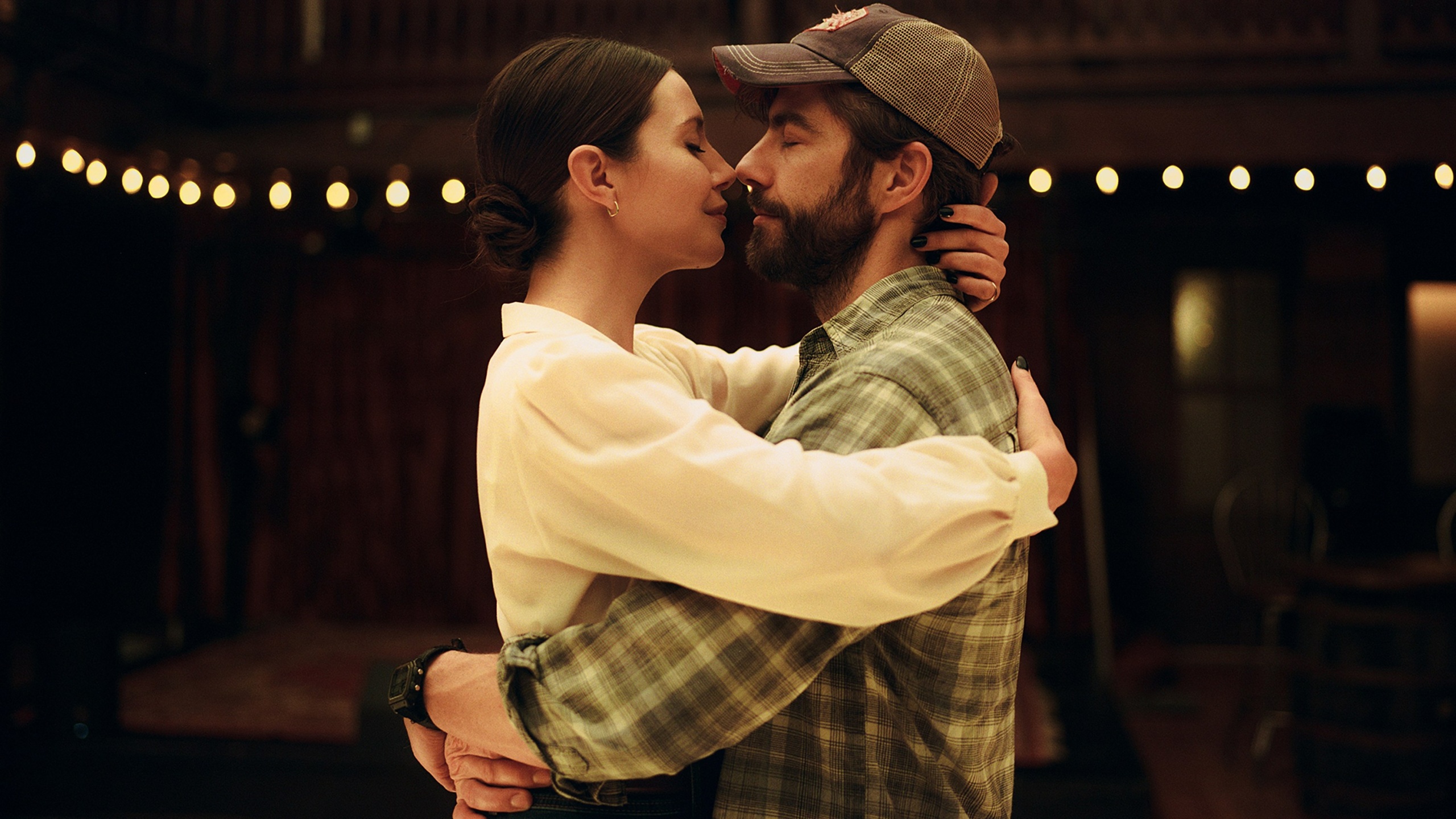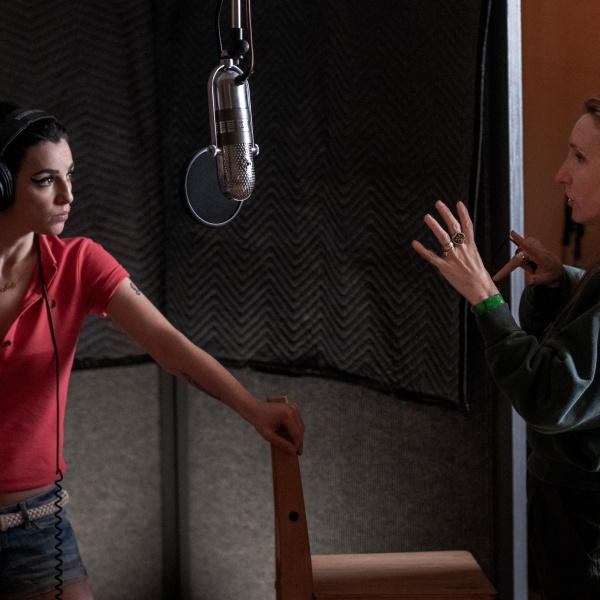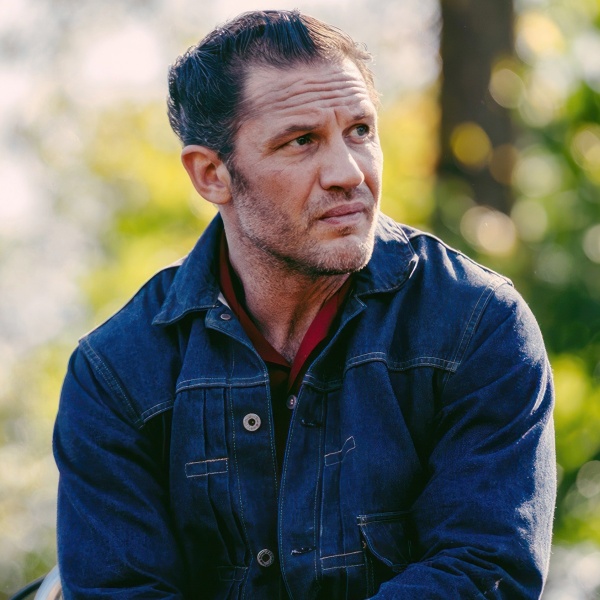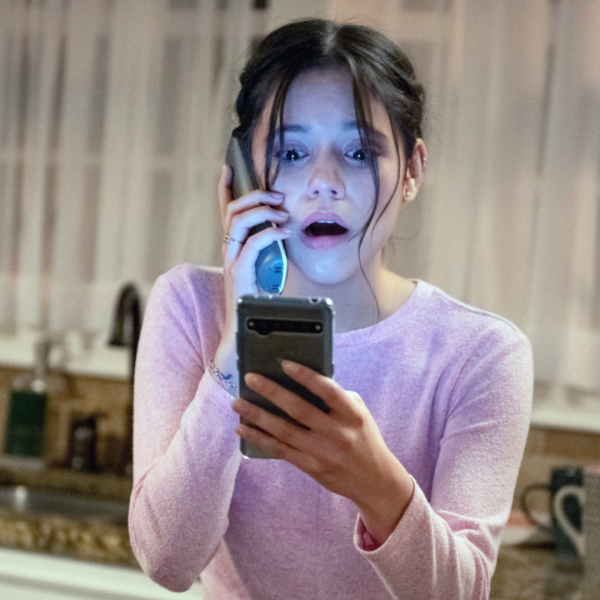
The task of crafting an intellectual definition of love — a feeling so indescribable and transcendent that empires have crumbled and countless lives have blown up just because humans craved a little more of it — is, by definition, an impossible task. It’s a feeling that inspires so much art because it can’t be explained or rationalized away. At its best, it’s so overpowering that even the smartest among us have no choice but to suspend their need to analyze and accept that they’ve fallen prey to an emotion better summarized by a three-minute pop song than anything in a textbook.
But the impossibility of the assignment hasn’t stopped the great thinkers of every generation from trying. From ancient Greek philosophers who argued that love couldn’t be separated from unfulfilled sexual desire and obsession to more modern interpretations that see it as a state of being that has to be actively cultivated, it’s hard for an intellectual to resist the temptation to reduce the most powerful feeling known to man to mere words.
In “The Nature of Love,” Sophia (Magalie Lépine-Blondeau) might not be arrogant enough to put her own definition out into the world, but she spends her life studying the attempts of those who came before her. As a professor teaching philosophy to senior citizens, she’s constantly able to indulge her curiosity about the conflicting definitions of love that have been floated throughout human history. But all of the Plato and Bell Hooks quotes in the world haven’t been enough to keep the spark alive in her own bedroom.
For the past ten years, she’s enjoyed a comfortable life with a perfectly nice man. Xavier (Francis-William Rhéaume) is the kind of guy who asks his wife’s permission to enter his own bedroom to show her an article about the dangers of the Trump presidency. Well-mannered and self-deprecating, he can hold his own at salons and dinner parties with all of their intellectual class friends while ensuring that spotlight never dims on Sophia. It’s a sensible arrangement, but hardly nourishing to someone who spends her days reading about the men who lost their minds and fought the wars over passionate affairs.
Like any self-respecting French socialite faced with the prospect of a boring marriage, she decides to have an affair. She quickly falls in love with Sylvain (Pierre-Yves Cardinal), a contractor working on the couple’s vacation home who represents everything her husband isn’t. While Xavier is quick to joke about his inability to perform even the smallest repairs, Sylvain is unfazed by any task that can be done with two hands. He might lack Xavier’s interest in current events and politically correct buzzwords, but he passionately declares his love for Sophia without hedging or equivocating on a single detail. When he’s not fucking her brains out, he writes her cringe-inducingly sincere poetry without an iota of embarrassment. She’s completely hooked.
Xavier is so respectful that he can’t muster enough of a spine to even politely ask his wife not to cheat on him, so it isn’t long before Sophia runs away with Sylvain and pushes her husband out of the picture all together. But her euphoric bubble of spontaneous sex and cozy nights in their forest cabin is soon burst when it’s time to trot her new boyfriend out into the real world. Her laptop class friends applaud her decision to sleep with a hot commoner in a condescending noble savage kind of way, but Sophia’s attempts to merge her two worlds quickly remind her why so many people put their passion aside and marry the “safe” partners to begin with. For all the passion Sylvain elicits from her, she soon finds herself embarrassed by his poor grammar and mildly disgusted with his uneducated relatives. The unspoken social pressure becomes so severe that she even considers reconnecting with Xavier as she’s forced to weigh her conflicting desires for comfort and excitement.
Monia Chokri‘s brilliant feature is one of the sharpest cinematic examinations of the paradoxical expectations we place on our relationships in the 21st century. Sophia’s on-again-off-again affair is sporadically interrupted by her university lectures about the multitude of theories that philosophers have conjured up to explain the feeling of love. And while many of them seem to blatantly contradict each other, it eventually becomes clear that every single one of the cliches is true. The thing that we call romantic love exists at the messy intersection of the evolutionary hard-wiring that drives us to reproduce, centuries of increasingly complex manmade social norms, and a bit of that indescribable magic that people spend their entire lives waiting for.
As Sophia tries to find a way to square her transcendent urges with her hilariously worldly circle of intellectuals and over-analyzers, she finds herself learning the most painful lesson that an ultra privileged person can learn in our increasingly hedonistic world: You can have almost anything, but you can’t have everything. Love can be an all-consuming fire that burns hot enough to incinerate your entire world while filling you with enough butterflies to justify the cost, or it can be an active choice that you make to share life with another person while helping each other through the hardships and mundanities that life inevitably throws at you. The only problem for most people is that it can’t be both.
Grade: A-
A Music Box Films release, “The Nature of Love” is now playing at the IFC Center in New York City. It expands to Los Angeles on Friday, July 12.






